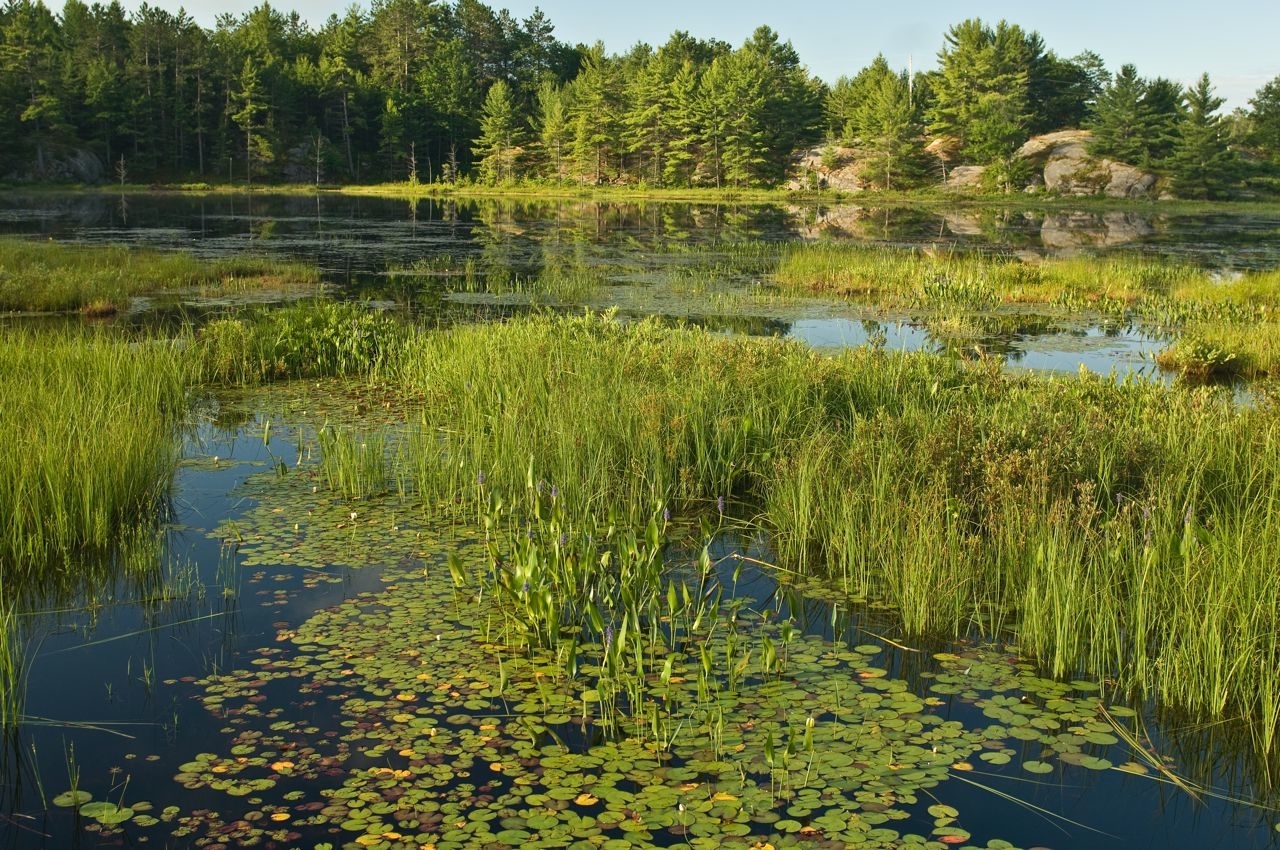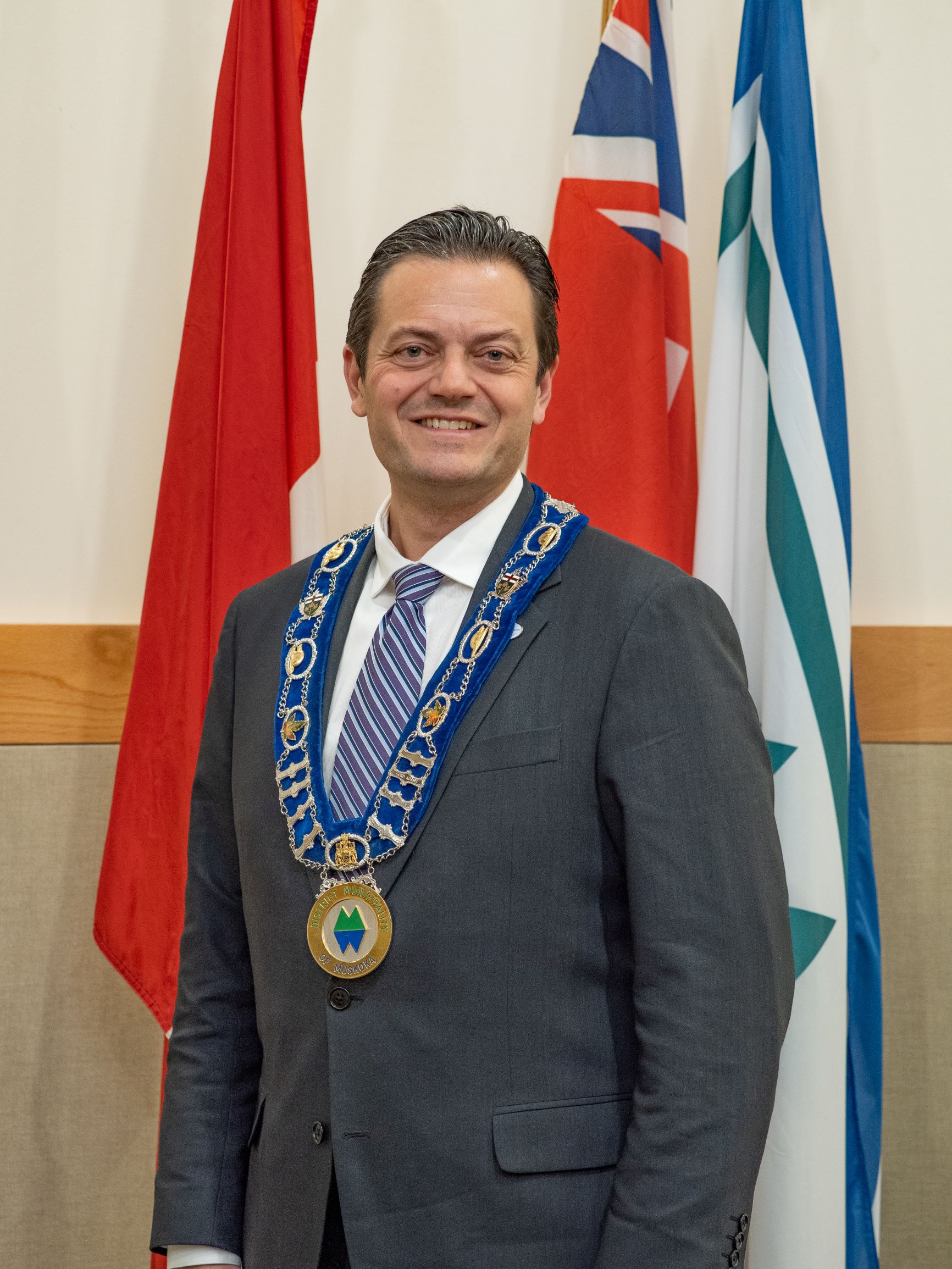The future Muskoka I would like to see.
By Jeff Lehman.

The Muskoka watershed is surely among the most loved environments in our country. Millions of visitors cannot be wrong in finding something truly special — and those of us who live and work here have always known it’s special.
At district council, we often say, “the environment is the economy” — this natural heritage is intrinsic to what we do for a living in Muskoka and why so many come here as tourists.
But it was not always this way. In the 19th century, we only considered land valuable if it could be “put to use” — through logging, farming, or mining.
Muskoka’s natural environment and resources were exploited for monetary gain, with little consideration of impact. In this sense, the economy and ecology were opposing forces — you could have one or the other, but not both.
Over time, as people and the government began to recognize and value our natural heritage, this view changed, and we can now promote a realistic and optimistic view of our future.
Our watershed can be a leading example of an economy and a society interwoven with their natural setting and are mutually beneficial. Economy and ecology used to be opposing forces — now, they are increasingly coming together as policies and practices are enshrined in regulations that guide a more sustainable future.
How can we make this our path? Obviously, we must ensure sustainable practices in activities that affect the watershed, including regulation that ensures extractive industries can operate but do not adversely affect the watershed’s health.
How we manage development also becomes critical, and here, I think we need to understand that it need not be a zero-sum game.
While this might be controversial, protecting the watershed does not mean growth or development must stop in Muskoka. An acute housing shortage in Muskoka is affecting residents and businesses alike — we need more homes that people can afford. But this must be done in a way that protects the watershed.
One example is how we handle stormwater. In Victorian times, we covered over creeks and streams, burying them in concrete culverts to rush unfiltered stormwater into rivers and lakes.
Today, we know to naturalize these streams and creeks and preserve wetlands, creating green spaces and corridors enjoyed by residents and allowing natural filtration of contaminants picked up in urban areas.
(Of course, we must also work to minimize or eliminate the discharge of urban pollutants).
What happens at the water’s edge is also essential, so our focus on shoreline protection, watercourse naturalization, and related initiatives must protect and enhance Muskoka’s watershed health.
The Muskoka Watershed Council addressed the impact of fragmentation of natural areas in Chapter 7 of its 2023 Report Card. Here, the work of the Muskoka Conservancy, local initiatives such as the Lake of Bays Heritage Foundation, and the efforts of lake associations across the watershed are invaluable. Landowners’ choice to permanently protect lands helps prevent further fragmentation. A sustainable future for our watershed no doubt includes more such protection.
On the political front, we need an agreement and a framework among all municipalities that share the Muskoka River Watershed, along with the Province of Ontario, to collaborate on the evolving science, policy and work needed for Integrated Watershed Management.
Water doesn’t care about municipal boundaries — if we’re to succeed in this approach, we’ll need to put our beautiful environment above jurisdictional considerations, and work together in a coordinated movement.
I also see this as part of our future, because there has never been such committed political will in our region to work together on this essential issue as at present. It’s about leaving our kids and generations to come a Muskoka watershed that is better than we found it. We can do it!

This is the latest in our summer series of articles from the Muskoka Watershed Council on “Living in A Changing Watershed” published on MuskokaRegion.com. Each explores a common theme of integration and relationships — how we cannot thrive without understanding how ecological forces, including human actions, shape the world we live in. This week’s contributor is Jeff Lehman, District Chair of The District Municipality of Muskoka. The series editor is Dr. Neil Hutchinson, a retired aquatic scientist, Bracebridge resident and director of Muskoka Watershed Council, Friends of the Muskoka Watershed and Georgian Bay Forever.
